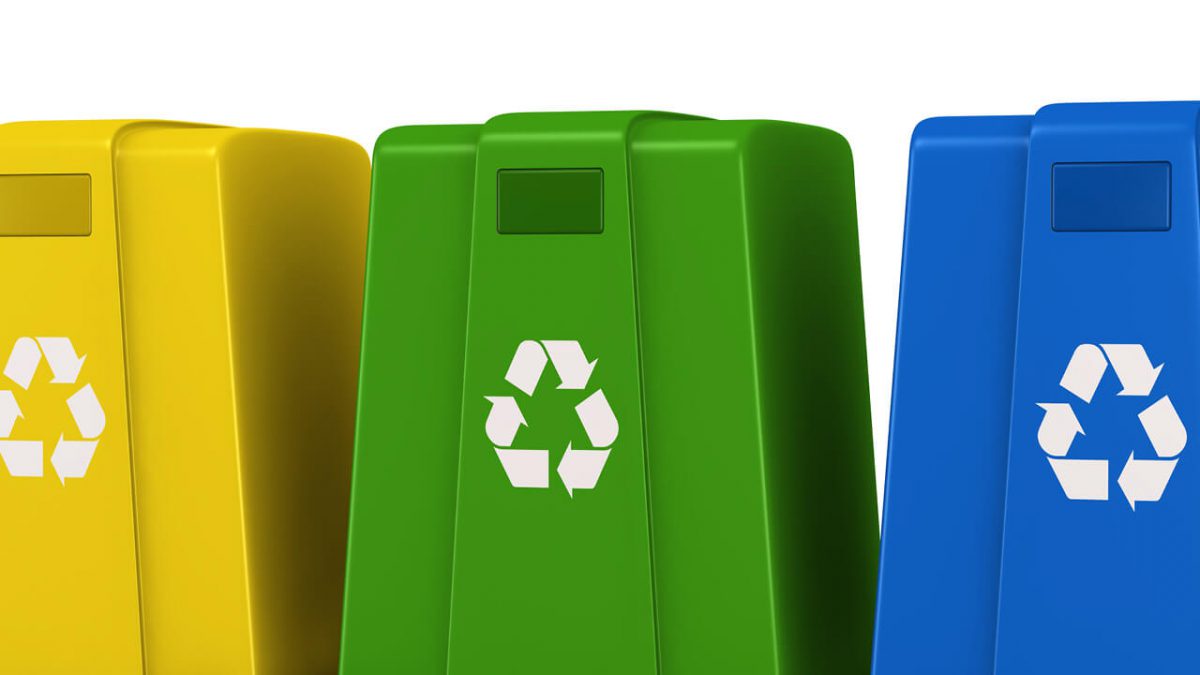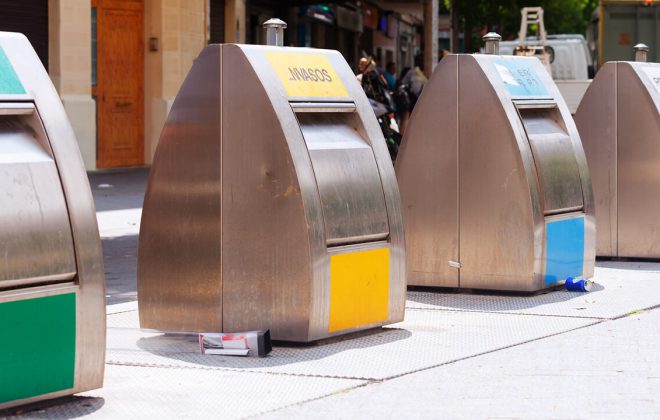Why do heuristics not work for recyclable waste collection processes?
Heuristics systems depend on human input in order to guarantee that data is kept up to date. This requires collection teams to visually monitor the fill level of recycling bins. This is not always easy, either due to lack of cleanliness or inability to physically look inside the bin. Even where this is possible not everyone interprets what they see the in same fashion, leading to inconsistencies in readings.
These difficulties make it almost impossible to create an effective functioning system based on this method.
Heuristic systems depend on additional activities undertaken by personnel involved in waste collection, leading to increased fuel, manpower, fleet and maintenance costs.
It is therefore impossible to:
- Guarantee precision in obtaining container fill levels, as these depend on the particular individuality of each worker. For example, for the same fill level one person may report a 60% fill while another may report just a 30% fill.
- It is impossible to determine how long the container has taken to reach its current level, as the value reported only represents a snapshot in time, with no evolution data.
Duplication of errors – the use of heuristics software will lead the operator to unnecessarily empty certain bins, while failing to inform on the need to empty other bins which may already be full to the point of overflowing. This leads to user dissatisfaction, generating complaints, eroding the public’s interest in recycling waste, duplicating heuristical errors and leading to overall increased waste collection costs.
Ecogest provides precise information on the moment the container’s contents reach a level requiring planned emptying, ensuring this is done at the right time and with the lowest possible cost.
Want to know more?



